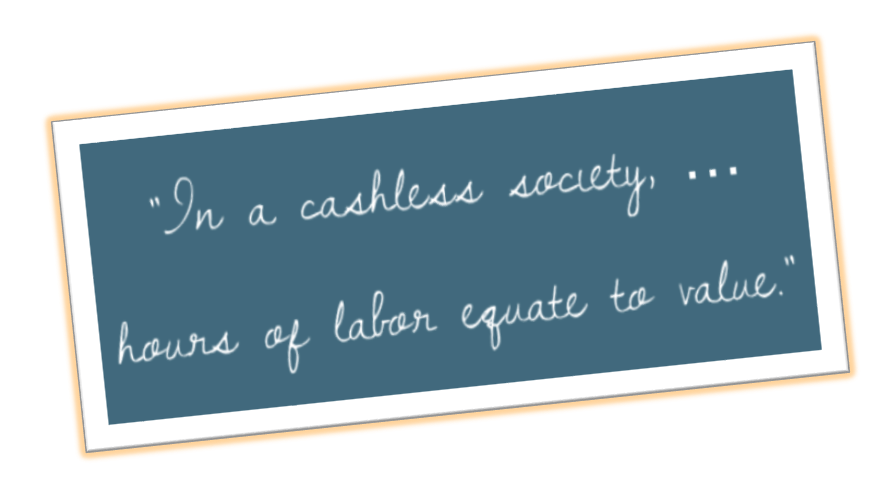Cashless is no longer a scary word now. It is astounding to see how it has defined the new ways of payment paving the way to cashless economy.
So, What exactly is Cashless Economy?

How does going cashless help you?

Source : Contactless payments
Innovations of convenience, mostly, but contactless payments arguably build a gateway to bigger things: for data, for advertising, and for, yes, society. The data created with millions of digitized interactions provides deeper records of what people are buying and how much they’re paying for it — the sort of information that would be important to corporate research departments or macro-economists.
And the GPS capabilities lend themselves easily to targeted advertising. Famous American magazine Wired paints a picture of the future:
You’re walking down the street. It’s hot. The Starbucks a block away sends you a message that your favorite hot-weather order – venti skinny latte on ice — is available to you at a dollar off. You accept the offer, and with a few taps, add an almond biscotti to the tab. Then you stroll into the Starbucks. Everything is ready when you arrive – you simply pick it up, the barista checks out your punim ( in Jewish – a person’s face), and you’re out the door.
Innovations that save time, even just a little bit of time, are real innovations, because in any advanced economy, time and attention are currency, and creating more of them can make us all richer.
Users, specially the majority of the rural population holds on to their money for their dear lives. They are not easily convinced and often paranoid about losing their hard earned money.
A cashless society can make us richer, healthier (No more soiled, tobacco stained full of germs notes), and smarter.
Moving from a wholly paper-based network to a completely electronic one could save an economy 1 percent of its annual GDP (a $150 billion sum for the United States).”
Hard cash can’t talk to us, but virtual cash can — and it can make us better spenders. You could link a cashless account to a service like Mint that notified you when you went over your monthly self-appointed allowance.
A cashless transaction has advantages in many areas of your life. Since you are not dealing with cash, you also get rid of the multitude of problems that come with it and Financial Services Company VISA vouch for it…

Spare change, frequent trips to the ATM, bulky wallets – all these problems are eliminated.
Credit/debit cards are lighter to carry and you can pay the exact amount since it’s a digital payment.

In a digital transaction, the details of the sender as well as receiver get recorded in the system and are easily traceable. Since these transactions are visible to the authorities, they can also be taxed.

Because cash transactions don’t have any record, corrupt individuals can evade taxes by exchanging large payments in cash and it will never show up on their tax returns.
By moving many government application systems (like Passport) to cashless mode, the scope of human intervention is eliminated altogether.
Measures like two-factor authentication through OTP (one-time password) or ATM PIN have made digital transactions infinitely safer than carrying cash. A card cannot be used until the malicious user does not have access to his phone or his card PIN.

Source : https://blog.gemalto.com/ /layered-security-in-branch-vs-digital-banking
Even if he does somehow get access to this second factor of authentication, all fraudulent transactions can be reported and rolled back immediately by the user. If you lose your card, you can get it blocked remotely.
Most electronic transactions are fulfilled in less than 30 seconds. If the transaction failed because of a technical error, in most cases the money is returned to user’s bank account within 7-10 days.
In contrast, once you lose you your cash, you can almost forget it. This problem gets magnified when you are traveling abroad.
If all your transactions are digital, you can link your card with some popular wealth management apps and use their insights to find and eliminate any unnecessary expenses.
Merchants accepting digital payments can computerize their daily / monthly accounting tasks. They save time, effort and their tasks can be performed with a much higher accuracy.
In a perfect digital utopia, money is moved more easily. This is beneficial particularly for the poor, who can pay bills digitally without needing a bank account, thanks to mobile money platforms.
Few more …..
Findings
For users , going cashless can help eliminate corruption by removing human intervention. It is also very fast, convenient, less risky, accessible, efficient and future proof and can be used for financial analysis.
Digital wallets are the future. The truth is that the financial institutions that aren’t ready with a strategy for the impending economy could wind up as dinosaurs.
Becoming a cashless society painlessly is an ideal situation. Fewer cash transactions in an economy can help bring down transactions costs, instances of economic offences and street crime.
It needs some disincentives for withdrawing cash beyond a certain limit as well as incentives to encourage those who switched to digital payments systems to stay with that mode.
References:
- https://www.freepik.com/free-vector/hand-drawn-contactless-payment-concept_1313388.htm
- https://www.theatlantic.com/business/archive/2012/08/the-meaning-of-square-whats-so-great-about-a-cashless-society/260935/
- http://www.slate.com/articles/business/cashless_society.html
- http://www.civilsdaily.com/story/cashless-society/
- https://www.wired.com/2012/08/how-howard-schultzs-square-deal-will-caffeinate-starbucks/
- http://www.thehindu.com/opinion/op-ed/perils-of-going-cashless/article21535422.ece

